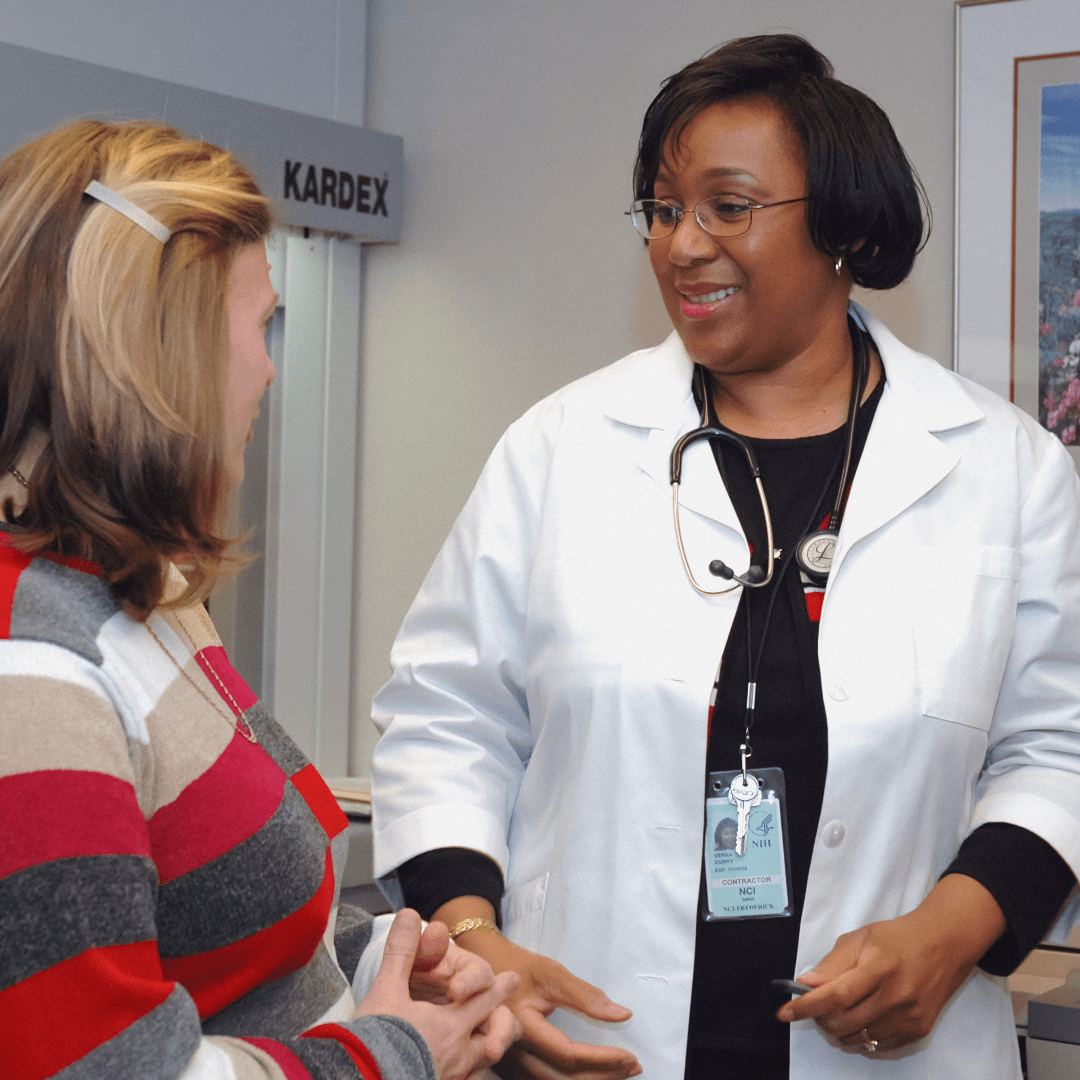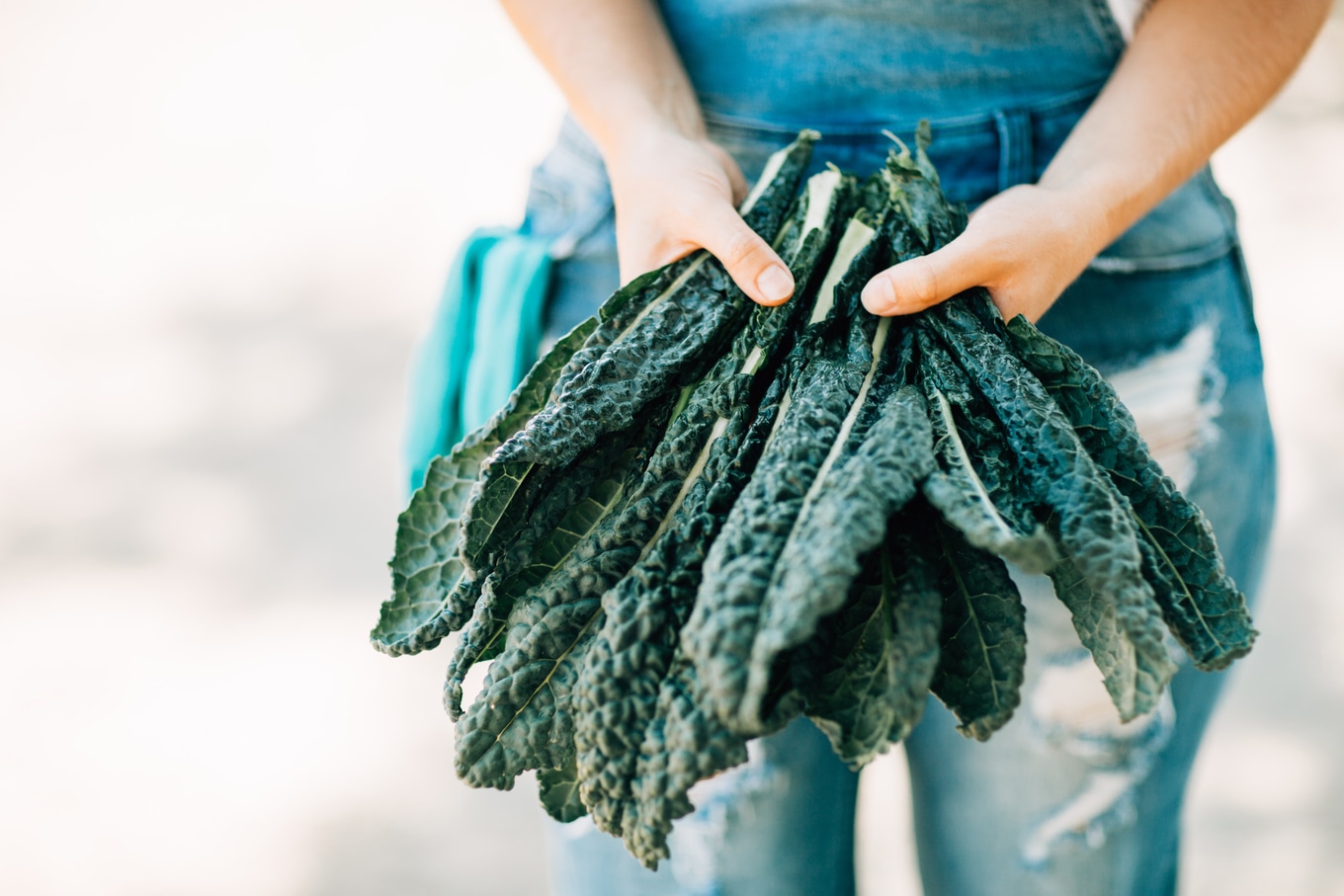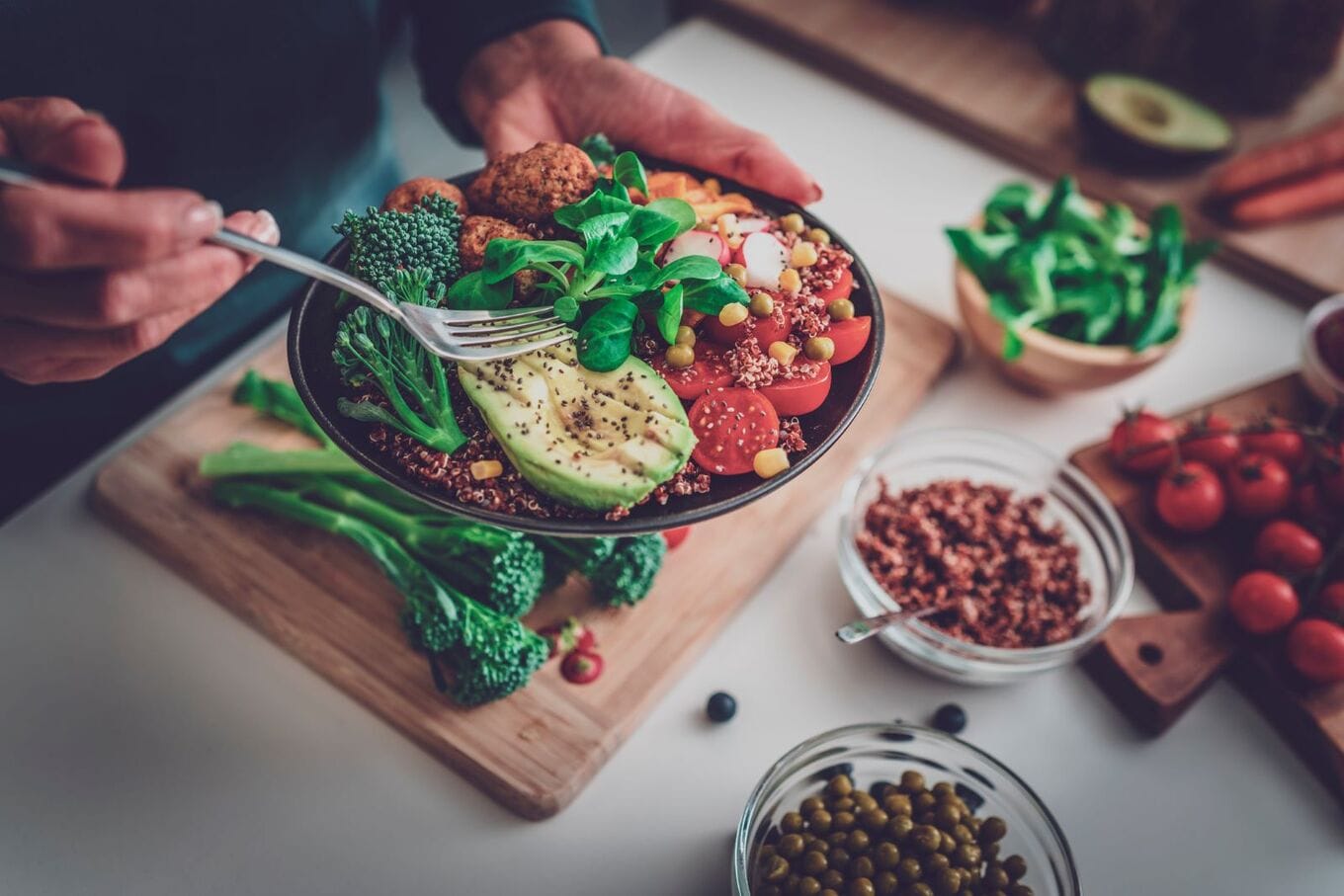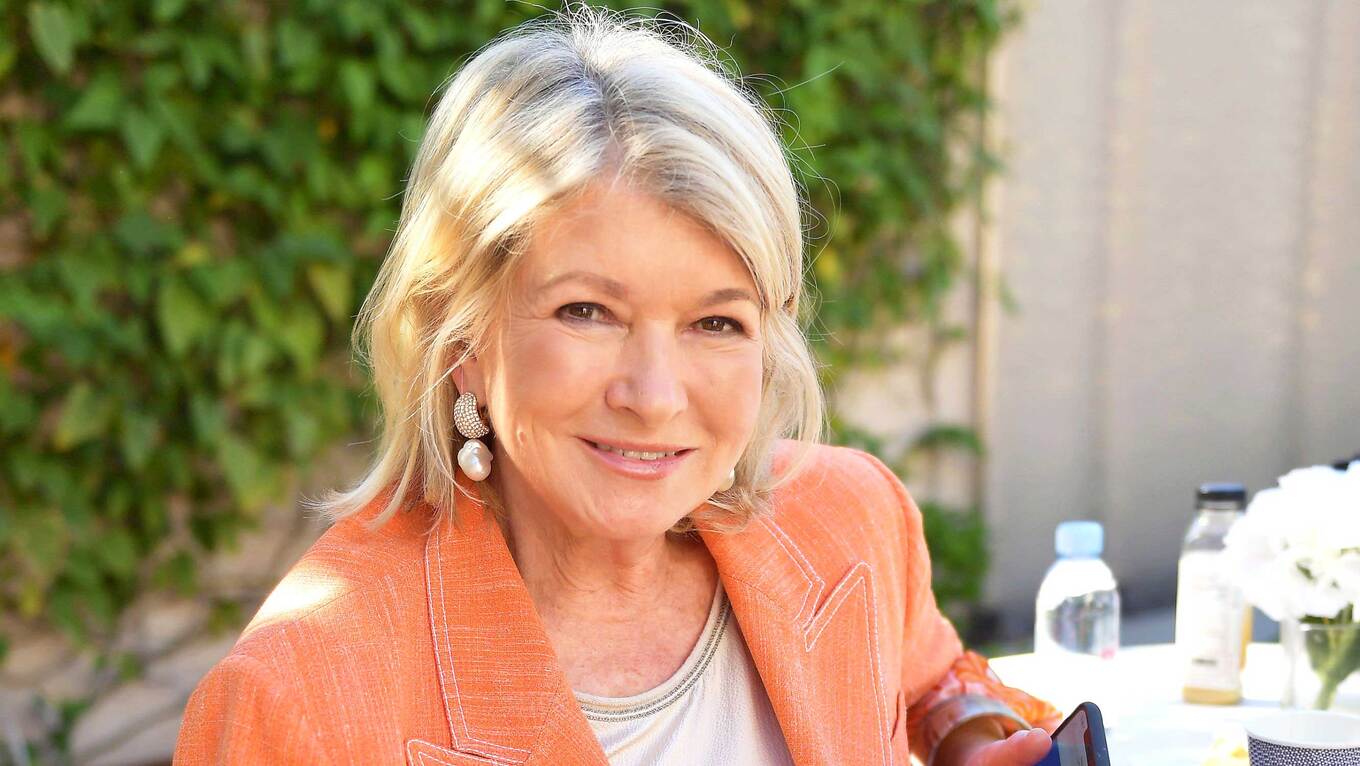The last few years have seen major developments in gynecological cancer prevention. Research shows, for example, that the HPV (human papillomavirus) immunization program has likely successfully protected thousands of people from developing cervical cancer, which is the fourth most common cause of cancer in women and people with reproductive organs worldwide. Earlier this year, Public Health Scotland revealed zero new cases of cervical cancer in fully vaccinated women—a huge step forward in the fight against gynecological cancers.
However, cervical cancer still impacts thousands of people every year. According to the World Health Organization, there were around 660,000 new global disease cases in 2022. Cases of endometrial cancer, also known as womb cancer, are rising in the US. And the three further gynecological cancers, ovarian cancer, vulval cancer, and vaginal cancer, continue to impact thousands of people all over the world every day.
Several different complex factors, including HPV, hormonal balances, and genetic mutations are linked with causing each of these cancers. But some factors, like diet, are within our control. In general, research suggests that eating more plant-based whole foods might help to reduce the risk of many different types of cancer, and that includes gynecological cancers.
“It’s just one part of a larger picture of wellness,” Australian dietitian and doctor of food and nutrition Shy Vishnumohan, PhD, recently told VegNews when discussing cancer risk and plant-based diets. “Life is like a stack of cards—while there is no magic bullet that will guarantee 100-percent immunity, making healthy food choices that are plant-forward can be powerful and stack the deck in our favor.”
Pexels
Table of Contents
What causes gynecological cancer?
The most common cause of gynecological cancers varies by type of cancer, but HPV infection is one of the leading causes, particularly cervical cancer, which is the most common gynecological cancer in the world. This is why cervical screening is so important.
The American Cancer Society recommends that everyone with a cervix aged 25 to 65 should undergo an HPV test—which screens for high-risk strands of HPV, which, if left untreated, might lead to cervical cancer—every five years. It notes that people who have been vaccinated against the infection should still attend these tests. HPV is also associated with an increased risk of vulval and vaginal cancers, but other factors, like smoking and immunodeficiencies, might also increase the risk.
Not every gynecological cancer is caused by HPV. One of the biggest risk factors for endometrial cancer is high levels of estrogen, for example. According to the UK’s National Health Service, being overweight, having polycystic ovary syndrome, going through menopause after the age of 55, never giving birth, and taking hormone replacement therapy are a few factors that lead to high levels of estrogen.
The exact causes of ovarian cancer are unknown, however, according to the Mayo Clinic, genetic mutations (like BRCA1 and BRCA2 genes), being overweight, and hormone replacement therapy might increase the risk of the disease.
 National Cancer Institute/Unsplash
National Cancer Institute/Unsplash
What are the symptoms of gynecological cancer?
There are many different symptoms of gynecological cancer, but one of the biggest is abnormal bleeding. This means bleeding in between periods, bleeding after sex, or bleeding after menopause. Many different conditions could cause these symptoms, but they might also be caused by cervical, vaginal, or endometrial cancer, so it’s important to visit your healthcare provider to get them checked out.
“Whatever the symptoms, when you notice a change in your body it can be daunting to speak about, but your doctor should help to provide you with peace of mind or signpost you to the most appropriate support and if necessary, treatment.” —Bupa physician Tim Woodman
Feeling fatigued, constantly bloated, experiencing persistent abdominal pain, or changes in your bowel habits might also be signs of gynecological cancer.
“Bowel habits vary a lot in different people, but if you notice persistent changes to your toilet habits for a few weeks, such as gas, nausea, diarrhea, or constipation, you should speak to your doctor,” Tim Woodman, a physician and medical director of private healthcare specialist Bupa, recently told Cosmopolitan. “Bowel problems are very common and usually they’re not related to cancer, however, it’s important to get these checked out just in case.”
Lumps, bumps, and sores around your genitals might indicate vulval cancer, as well as persistent itching and bleeding. Again, these symptoms are more likely to be caused by another condition, but it’s still advisable to speak with your healthcare provider to double-check.
How to reduce the risk of gynecological cancer
Many things have been shown to potentially reduce the risk of gynecological cancers. Getting vaccinated against HPV and attending regular screenings, for example, can significantly reduce your risk of cervical cancer. Genetic testing can help, too, especially if you have a family history of gynecological cancer.
The use of oral contraceptives has also been shown to reduce the risk of endometrial and ovarian cancers. However, they may slightly increase the risk of breast cancer, so it’s important to discuss your concerns with a doctor before making any decisions about taking contraceptives to reduce cancer risk.
Quitting smoking, limiting alcohol intake, maintaining a healthy weight, and exercising regularly have all been linked with a reduced risk of cancer in general, including gynecological cancers. And changing your diet might help reduce the risk, too.
 Adobe Stock
Adobe Stock
Can certain foods reduce the risk of gynecological cancer?
An increasing amount of evidence has linked a diet high in plant-based, whole foods with a reduced risk of some gynecological cancers.
“Plant-based diets are rich in antioxidants, fiber, and phytochemicals, all of which play a role in reducing inflammation and oxidative stress, two key factors involved in cancer development,” Varsha Khatri, RDN of Prowise Healthcare, told VegNews. She added that plant-based foods may help people maintain a balanced weight, support a healthy immune system, and regulate hormone levels.
Earlier this year, one review published in the journal Nutrients, for example, linked high soy consumption with a reduced risk of gynecological cancers and gastrointestinal cancers. This is likely because soy contains isoflavones, which behave in a similar way to estrogen in the body.
Research suggests that soy isoflavones, which are phytoestrogens (plant compounds similar to estrogen), may bind to estrogen receptors in the body, but with much less potency than natural estrogen. This means that when soy isoflavones occupy these receptors, they might block stronger estrogens (like the body’s own estrogen) from binding and exerting their full effects.
Soy isn’t alone. “Several nutrients and foods have been studied for their potential role in reducing the risk of gynecological cancers,” says Khatri.
 Marisa Morton/Unsplash
Marisa Morton/Unsplash
“Cruciferous vegetables, like broccoli, kale, and cauliflower, contain compounds like sulforaphane, which have been shown to have anti-cancer properties,” she explains.
“Folate from leafy greens and legumes is essential for DNA synthesis and repair, and low levels have been associated with an increased risk of cervical cancer.”
Omega-3 fatty acids, which are found in flaxseeds and walnuts, for example, might also reduce cancer risk because of their anti-inflammatory properties, while flavonoids, which are found in berries, citrus fruits, and tea, might also help to reduce cell damage in the body, which in turn, might help to protect against cancer.
Cassandra Padula Burke, RDN, CPT—a registered dietitian nutritionist, triathlon coach, and owner of Catalyst Performance Lab in Finksburg, MD—agrees with Khatri that certain plant-based foods can protect against cancer. She also warns against high intake of alcohol and processed meats, which might increase the risk of the disease.
“Consuming a balanced diet that focuses on whole, nutrient-dense foods and minimizes intake of processed foods is recommended for cancer prevention,” she told VegNews. “Processed meats have been associated with an increased risk of certain cancers, including gynecological cancers, due to the presence of harmful compounds such as nitrates and hydrocarbons formed during processing and high-heat cooking.”
For more advice on how to follow a whole-food, plant-based diet, follow our guide here. You can also find delicious recipe inspiration in our extensive recipe database here.







